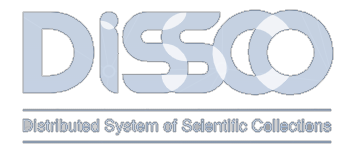Main Research at the IBBR
Line 1 - Basic research on the biology of model species and organisms of agricultural and natural interests
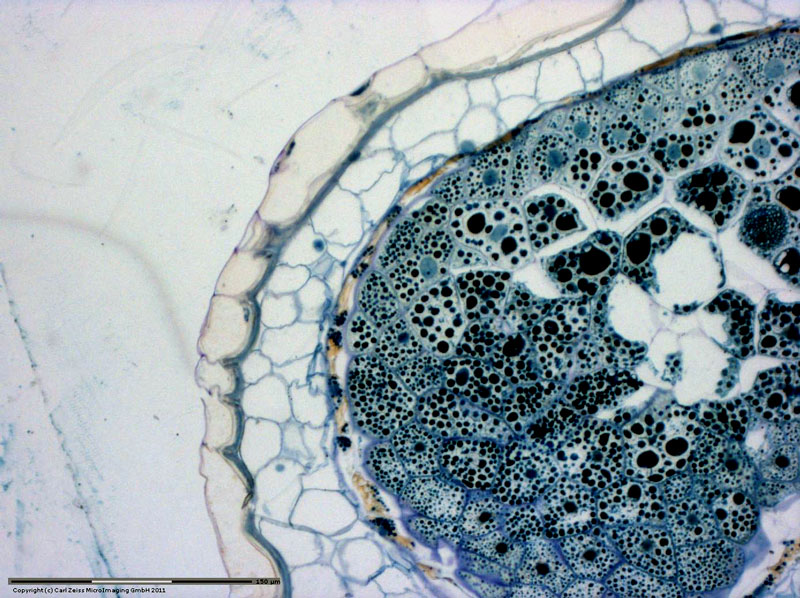
- better understanding complex systems such as living organisms
- providing the basic knowledge for improving animal and plant productivity
- supporting with basic investigations the study of impacts of climate change and pollution.
Line 2 - Conservation, management, sustainable use and evolution of natural, agricultural and forest bioresources
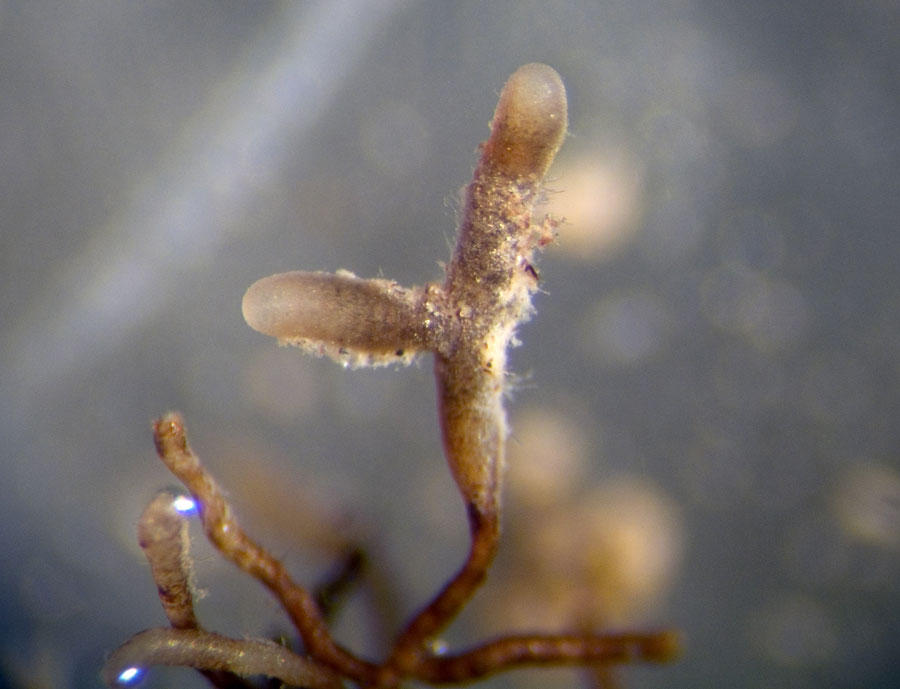
In particular, main research is focused on the following topics:
- Ex-situ management of plant genetic resources (PGR), and floristic-vegetation survey of rural systems with the purpose of conservation in situ / on farm / on garden / in vitro of agri-biodiversity.
- Morphological, physiological, biochemical and qualitative characterization through “-omic” approaches of PGR of (a) cultivated species, (b) primary and derived gene pools, and (c) species’ biodiversity found in natural and forest ecosystems;
- In-depth analysis of the molecular basis of adaptation to climate and environmental changes and to biotic stresses, as well as analysis of physiological and biochemical mechanisms driving the production of plant and fungal species.
- Development and utilization of new and efficient methods for genotyping, phenotyping, isolation of new allelic variants aimed at defining strategies for collection, conservation and identification of natural, forest and fungal PGR to be submitted to specific protection and tutelage.
- Bioinformatics approaches for the analysis and management of biological data.
Outcomes of the above activites allow to achieve optimal tools and strategies for an harmonized characterization and management of plant genetic diversity (mainly with adaptive significance), and to develop adequate methods for its certification, traceability, appraisal and sustainable use.
Line 3 - Improvement of species and production in agri-food, forestry and industry by biotechnological and genetic tools
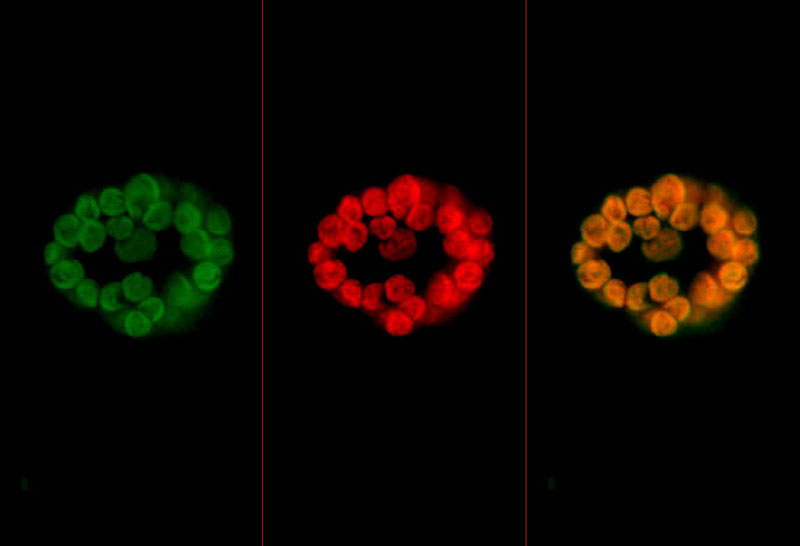
- the investigation of molecular, genetic and epigenetic mechanisms underlying plant fitness and the quality of their products;
- transfer of basic knowledge from model species to species of natural and agricultural interest though translational approaches;
- translate into practice the basic knowledge obtained from both biological studies and PGR assessment through biotechnological or “precision” breeding activities.
Combining “omics” and bioinformatics platforms and analyzing the structure and function of specific genes, studies are carried out on complex processes and their relevance for ensuring quality and stability of production yield, such as development and reproduction, responses to endogenous / exogenous and biotic / abiotic stimuli. All the available methodologies are used for the creation of new variability and the selection of superior genotypes. As for methods of selection, activities focus in particular on the individuation and set-up of new technologies and methodologies allowing a faster and simpler selection process of improved genotypes, as well as on the application of methodologies aimed at extending the partecipation of farmers, agri-food industries and consumers.
Line 4 - Characterization and engineering of biomolecules and biotechnologies for agriculture, industry and analysis
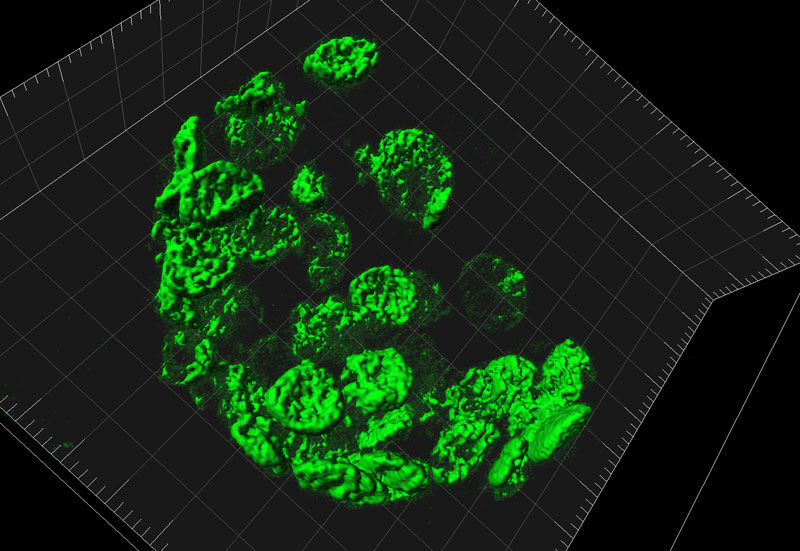
Line 5 - Nutraceutics, functional food, genomic variability and their role for human health and disease prevention
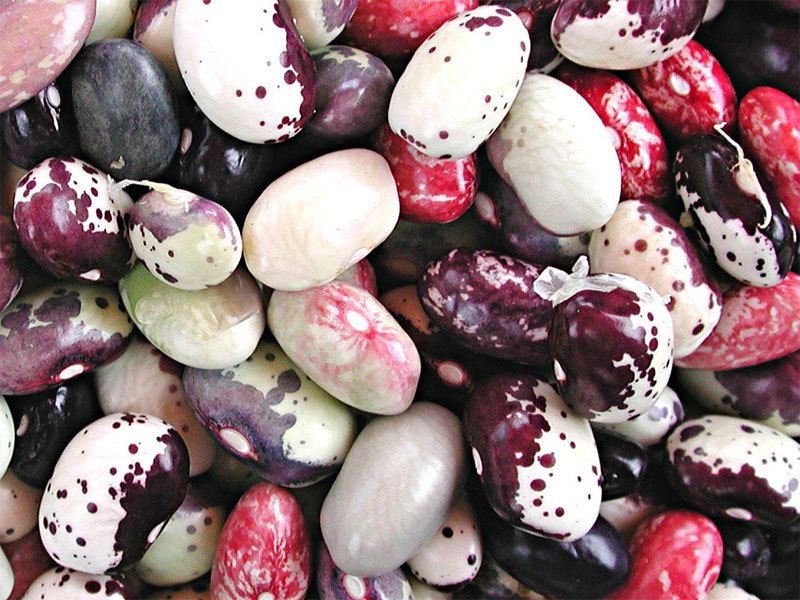
- the comprehension of extant relations among biochemical features of food, nutrition and cellular functions for the assessment of their effects on human and animal health, and their possible role in the disease prevention;
- the identification of interactions of genetic, epigenetic, nutritional and environmental factors with human health, and their impacts on growth regulation, homeostasis and cellular differentiation both along development and in physiological and pathological processes.
The study of stem cells from model animal species (including rodents), the analysis of large cohorts of individuals, the investigations related to ethnobotany, and the use of “omic” methodologies will provide a significant and distinguishing support for the realization of the activities dealing with this line. Deliverables from this research will include:
- the increase of nutraceutics availability;
- the preparation of new functional food;
- the development of systems for disease diagnosis and prognosis;
- the development of biocompatible polymers useful for conveying and preserve bioactive molecules
- the identification of bioactive molecules as food quality / typicality markers.
The study of potential allergens, the use of new technologies (including nanotechnologies), and the development of methodologies and systems for the quality assessment and management in labs are a fundamental part of the proposed activities.



